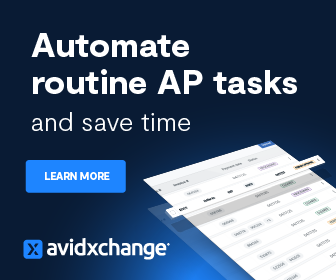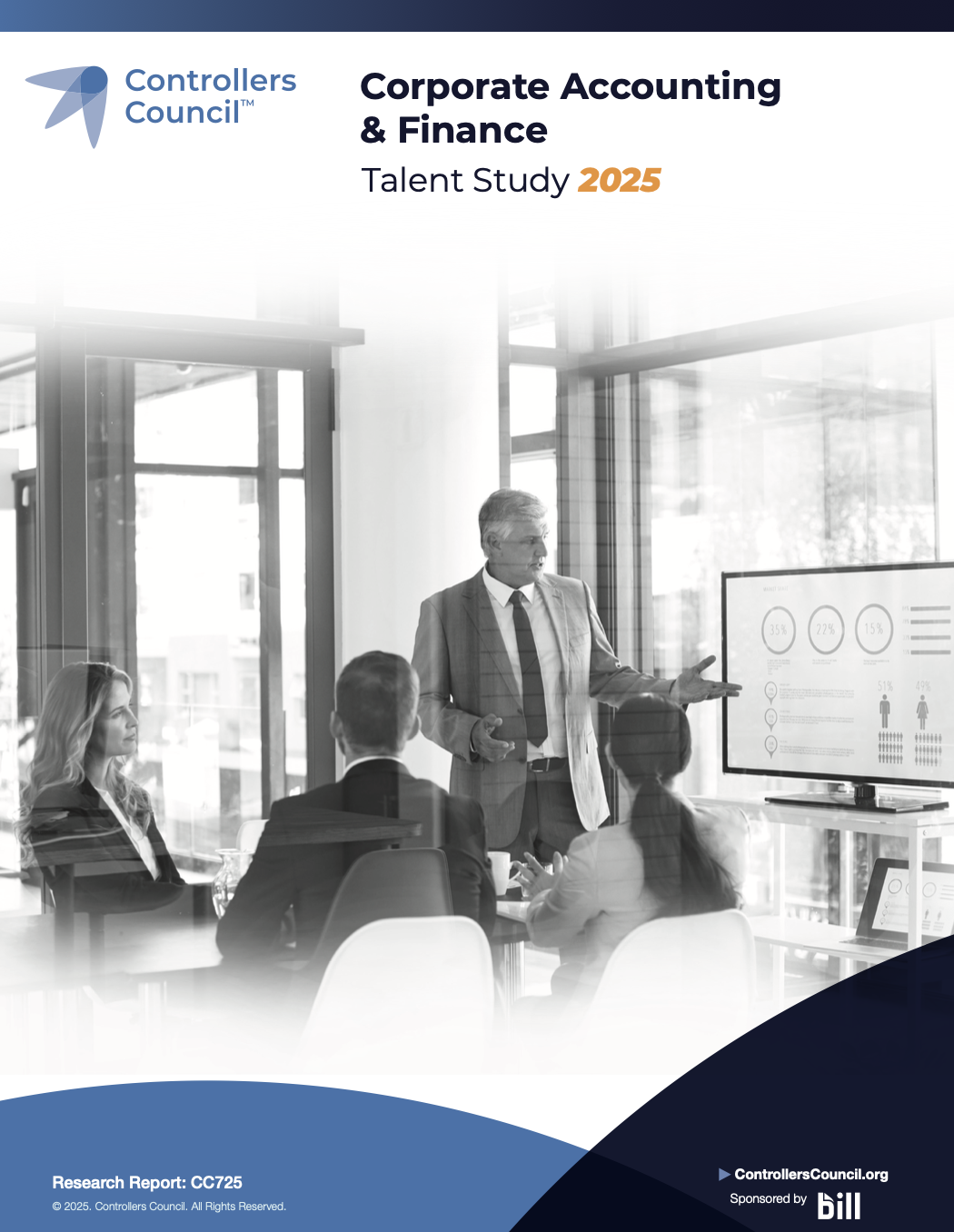AI has entered the mainstream. Finance professionals are hungry for innovation and willing to take on the role of catalyst. An exciting change for everyone in the accounting and corporate finance space (hipster controllers excluded), the embrace of new technology has put users in control and opened businesses up to a potential for transformation.
But one has to wonder how this new technology is going to impact accounting and corporate finance departments. If you recall, half of the finance department’s opposition to AI was driven not by fear of change but fear of replacement (here’s why that is incorrect).
Understandably, new technologies will dictate new skills, new processes, and in turn, more new technologies. Not only will it change the way the organization moves—it will change your day to day job. But knowing the impact of coming technological changes will help you to future-proof and even grow your role.
So, how is technology going to change the finance department? We look no further than Gartner, who highlights the following trends that leaders in corporate finance need to plan around or embrace.
1) The Skills Gap Goes Digital
You already know it’s hard enough to find talent. Now, add technology skills to the mix? According to Gartner, 66% of finance leaders believe the function’s digital competency gap is widening relative to the pace of evolving technology.
The combined skills gap isn’t additive, it’s multiplicative—and it’s going to make it even harder to recruit and retain employees. Yes, the younger generation is a lot more tech savvy and yes they have the ability to learn, but accounting isn’t exactly the hot career path for your average undergrad.
If you’re gainfully employed in the corporate finance department, you’re not out of the weeds either—especially if you already feel like a robot in your day-to-day work. The digital skills gap will require a new approach to hiring and human capital.
Start looking at competency models, gauge the threats presented by each gap, and take steps to encourage learning.
2) Perfect is the Enemy of Great: Why Decision-Ready Data Matters
As organizations grow increasingly global and the speed of business picks up, data is sourced and captured in a distributed fashion. But capturing and making sense of all of this distributed data is a challenge.
A single source of truth sounds like a great selling point, but the larger you grow, the less plausible this becomes. Maybe you should be looking for a single source of governance. As the saying goes, perfect is the enemy of done—and finance departments may find value in “sufficient versions” of the truth.
3) The Recentralization of Analytics
As finance seeks to reduce costs while improving analytical insight, many organizations are relocating finance analytics in scalable, centralized models. After years of decentralization, companies serve to benefit from a recentralized analytics approach.
Through recentralization of activities, companies can eliminate inefficiencies and grow their impact. This, according to Gartner, all starts with knowing what to centralize. One organizational design option is the hub-and-spoke model. Strategic data analytics is located in the center of excellence (COE) hub. Business “interpreters” from finance are co-located in the business and the COE.
4) Reporting Goes Real Time
With a sufficient source of truth and a recentralized analytics approach, companies have the opportunity to reinvigorate stakeholder reporting. The right strategy can offer faster and deeper analytics through self-service channels.
According to Grant Nelson, Senior Director at Gartner, “Multiple analytics and BI vendors offer natural language interfaces for users. With embedded machine learning and semantic knowledge graphs, we’ll soon only need to speak into the microphone to get the insights we need.”
5) The Next Era of ERP
Have you heard of the enterprise business capabilities movement? Considered the next era of ERP, this will come into play as solution providers reposition products from “enterprise backbone” to “enabler of business value.”
According to Gartner, innovation will come as ERP vendors move into new spaces and leverage AI, with special attention paid to building products that are
- Customer Facing
- AI-Driven
- Data-Centric
- Consumable
- People-Centric
- Enabling
Nisha Bhandare, Senior Director and Analyst at Gartner adds, “AI- and automation-enabled ERPs are the catalysts of digital transformation within an enterprise. CFOs should harness the data and processes within the ERP system to redefine the future of work and reshape the finance organization.”
Bracing for the Future of Finance: Discuss Your Initiatives in the Controllers Council Community
With so much changing in the accounting world, controllers need to stay ahead of the changes. The Controllers Council is here to help. In part two of this series, we’re going to look into the AI revolution, the risks of RPA, the rise of supplier collaboration, the use of shared services, and the need for efficient growth.
As a leading community for controllers, we are excited to provide benchmarking and discussions on how to run your department, and invite you to join us. Get to know more about the benefits of joining the Controllers Council and join today!
More Finance Trends:
Eight Highlights from the First Annual Contemporary Controller Study
The Evolution of KPIs: What Broader Use Means for Controllers
11 Sources of ‘Macro’ Change That Finance Leaders Need to Monitor




